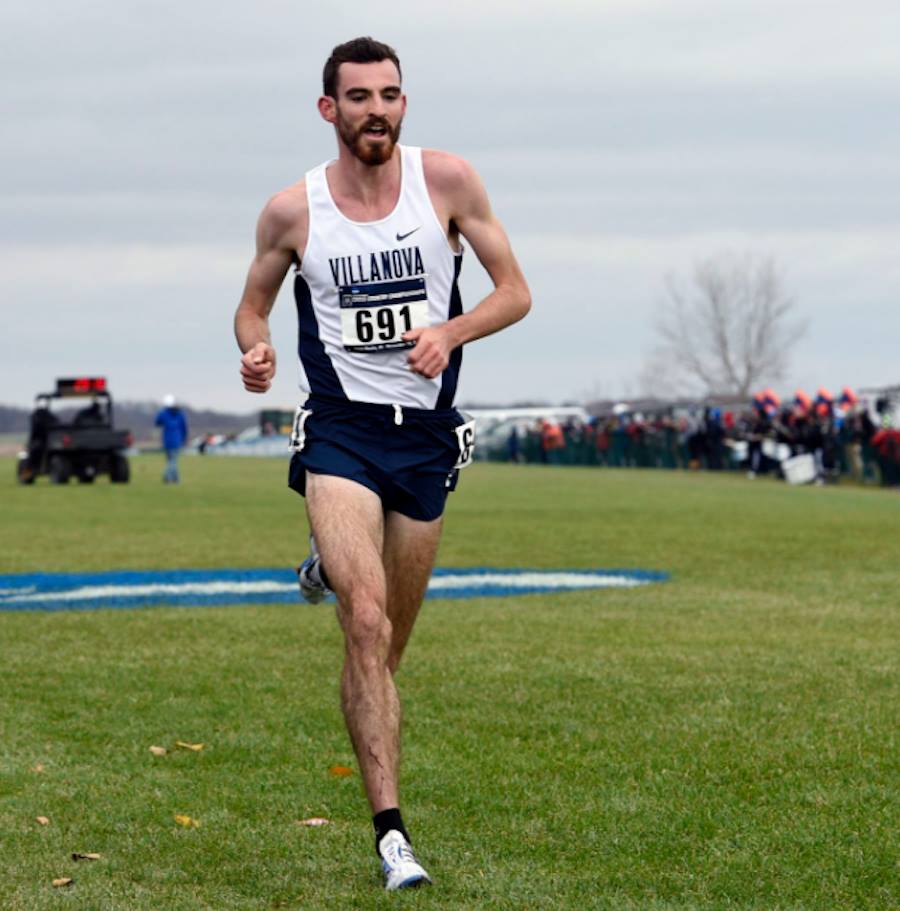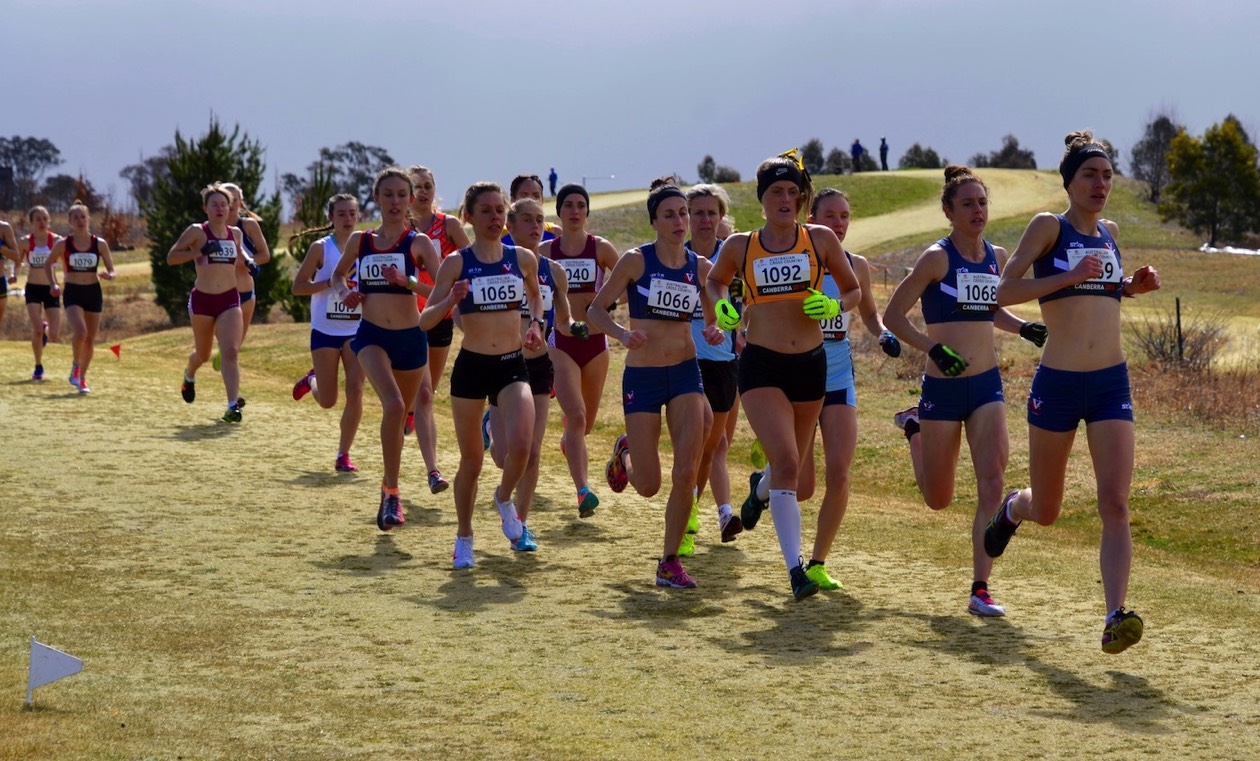Signifying What, Exactly?
A Column By Len Johnson – Runner’s Tribe
Never hold an inquiry unless you already know the outcome, goes a wise old political maxim.
It’s a saying I’ve cited before, but as it is a few years since its last mention I refer to it again.
Political inquiries have an unfortunate habit of yielding unexpected results. The late Prime Minister Malcolm Fraser once thought it a good idea to set up an inquiry into the rascally Ship Painters and Dockers Union.
Instead of a series of damning findings on a union linked to his Labour political opponents, however, what Fraser got was a Commission which uncovered the so-called “bottom of the harbour” tax evasion schemes. And who do you think was benefitting from that: not the stevedores in Fraser’s political sights, but rather the Liberal Party big end of town supporters.
Selection trials are the Royal Commissions of athletics. Sometimes they merely confirm what you already know; other times they reveal something previously unknown. Sometimes they tell all; other times they tell nothing. Sometimes they decide everything; other times they decide nothing or, even worse, muddy the waters even more.
The selection trials for the world cross-country championships, to be held in Canberra on Sunday (29 January), offer a little bit of everything. Pretty well all the known contenders are running the men’s race; many of those you would like to see in the team are not running the women’s. The men’s race could decide the whole team; the women’s just add to the confusion.
It is quite possible, of course, that such expectations could be flipped come Sunday morning at what used to be Stromlo Forest but, since the terrible bushfires of 2003, is now the Stromlo Forest Park with its bespoke cross-country course, cycling criterium loop and mountain-bike circuits.

In the senior races – 10km for both men and women under the changed international championship distances – the first three across the line are guaranteed selection for the world championships in Kampala, Uganda in March. So, too, are the winners of the senior titles at last year’s national championships provided they finish in the first six.
At most four of the six available team places, then, can be automatically filled on the day – three if the national champ is in the top three, four if they are fourth, fifth or sixth. Stewart McSweyn (men’s champion) and Virginia Moloney (women) are both on the entry list and you would reckon both would fit in the top six.
Further, US-based Patrick Tiernan would seem to be a safe bet for the men’s team, with his NCAA cross-country championship backed up by his win in the Zatopek 10,000 metres. Sunday’s strong men’s field will contest the automatic spots.

The women’s race is far more open, however, especially if you think back to Australia’s strong middle-distance performances at the Rio Olympics. Of the Olympians you would reckon might run world cross-country – Madeline Heiner Hills, Genevieve Lacaze, Eloise Wellings, two-time World cross-country team medallist Victoria Mitchell, Jess Trengove, Lisa Weightman – none are running the trial.
I am not privy to which of those athletes, if any, are available for world cross-country and, if they are, have applied for exemption from the trial. But if more than three (two, if Moloney is in the top six, but not the top three) want to run in Uganda, the selectors will have a lot of thinking to do in determining their discretionary picks.
Thank heavens the first three are automatic: this looms as a trial which could decide nothing.
That will not be as bad as some trials of past days. Among the doozies of my recollection was the Sydney Olympic men’s 1500 metres trial, when neither a race, nor a re-run decided anything and a marathon trial from which the only athlete selected was a ‘dnf’.
The topper, however, has to come from the first Australian world cross-country team for which a selection trial was declared. That would be Dusseldorf in 1977. After the usual amount of dithering, it was decided the 1976 Australian cross-country championships (held in Hobart in September) would be the ‘trial’ for the March, 1977 championships.
Only problem was that Chris Wardlaw and the late Dave Fitzsimons, Australia’s two finalists in the Montreal 1976 Olympic 10,000, did not run due to the proximity to the Games.
No problem, surely two places would be left open for the country’s two best runners, you’d think. Not so much: come race day, seventh and eighth were separated by just two seconds. The selectors could not split the pair, so there was only one spot left for the two Olympians (it went to Chris Wardlaw, presumably because he finished ahead of ‘Fitzie’ in the Olympics!).
In the Sydney Olympic 1500 trial, Craig Mottram fell in the final few metres as Nick Howarth attempted to pass him on the inside. Howarth was disqualified; Youcef Abdi ‘won’. A re-run was ordered for the following week in Adelaide. Abdi won from Howarth, with Mottram down the track. Howarth was selected, Mottram eventually got a place in the 5000, but Abdi missed out despite winning not one, but two, ‘trials’.
Then there was the 1976 Olympic Games marathon trial. Dave Chettle, who had run 2:10:20 in Fukuoka the previous December, pulled out of the race around half-way suffering from a heavy cold. Brenton Norman won the trial in 2:17. Chettle was selected on his good record. Norman was nominated the athletics selectors but not accepted by the AOC.
Sadly, there are many hard luck stories concerning selection trials. Let us hope the cross-country trials do not add to the list. Good luck to all those running.
END
About the Author-
Len Johnson wrote for The Melbourne Age as an athletics writer for over 20 years, covering five Olympics, 10 world championships and five Commonwealth Games.
He has been the long-time lead columnist on RT and is one of the world’s most respected athletic writers.
He is also a former national class distance runner (2.19.32 marathon) and trained with Chris Wardlaw and Robert de Castella among other running legends. He is the author of The Landy Era.



